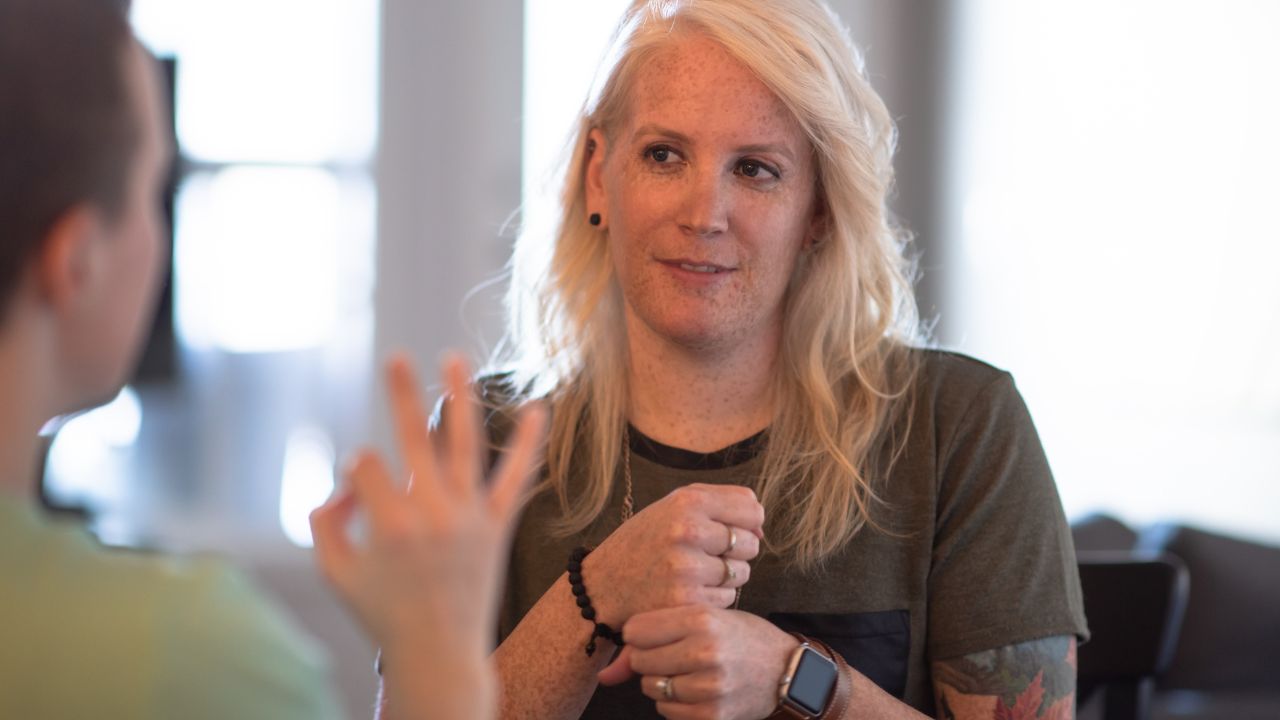Understanding the Impact of Emotionally Immature Parents
If you had one or more parents who were often rejecting, distant, or self-centred, you may have experienced anger, low self-esteem, and difficulty making healthy decisions at different points in your life. This is because children of emotionally immature parents often face unmet emotional needs and a lack of nurturing care, which can create ongoing challenges into adulthood.
What Is an Emotionally Immature Parent?
An emotionally immature (EI) parent struggles with arrested emotional development that limits their capacity for empathy. Instead of providing the love and support a child needs, they may demand special treatment, reverse parent-child roles, and dismiss their child’s individuality. This often results in a child feeling misunderstood, dismissed, or even gaslighted.
The Emotional Consequences of Growing Up with an Emotionally Immature Parent
Growing up with an emotionally immature parent often leads to feelings of deep loneliness that persist into adulthood. You may have felt unsupported and unheard as a child, making it difficult to form authentic connections later in life.
Common emotional wounds include:
-
Low self-esteem and self-doubt
-
Difficulty regulating emotions
-
Shame and guilt
-
Challenges with decision-making, especially in relationships and career choices
The ongoing dismissive comments, defensiveness, and controlling behaviours can feel disempowering and isolating, sometimes even devastating.
How Emotionally Immature Parenting Affects Relationships
EI parents tend to see their children as extensions of themselves, often dismissing differences in opinion or talents. This egocentric behaviour prevents genuine connection and can make the parent-child relationship feel superficial or shallow. nnIt is common to feel envious of others with emotionally nurturing parents when your needs are not met.
The Grieving Process: Accepting Your Parent’s Limitations
Realizing your emotionally immature parent is unlikely to change can feel like a significant loss, similar to grieving. The relationship you hoped for may never materialize because your parent isn’t willing or able to grow emotionally.
Healing and Moving Forward: Setting Boundaries and Re-Parenting Yourself
When faced with this reality, it becomes essential to set strong boundaries and learn how to re-parent yourself for emotional survival and healing. This journey involves building self-compassion, reclaiming your sense of identity, and developing healthier relationships.
If you are struggling with the effects of having an emotionally immature parent, I am here to support you through your healing process.
EMDR is a great therapy to treat this kind of trauma. There is a lot of clinical trials supporting this therapy for attachment issues.





